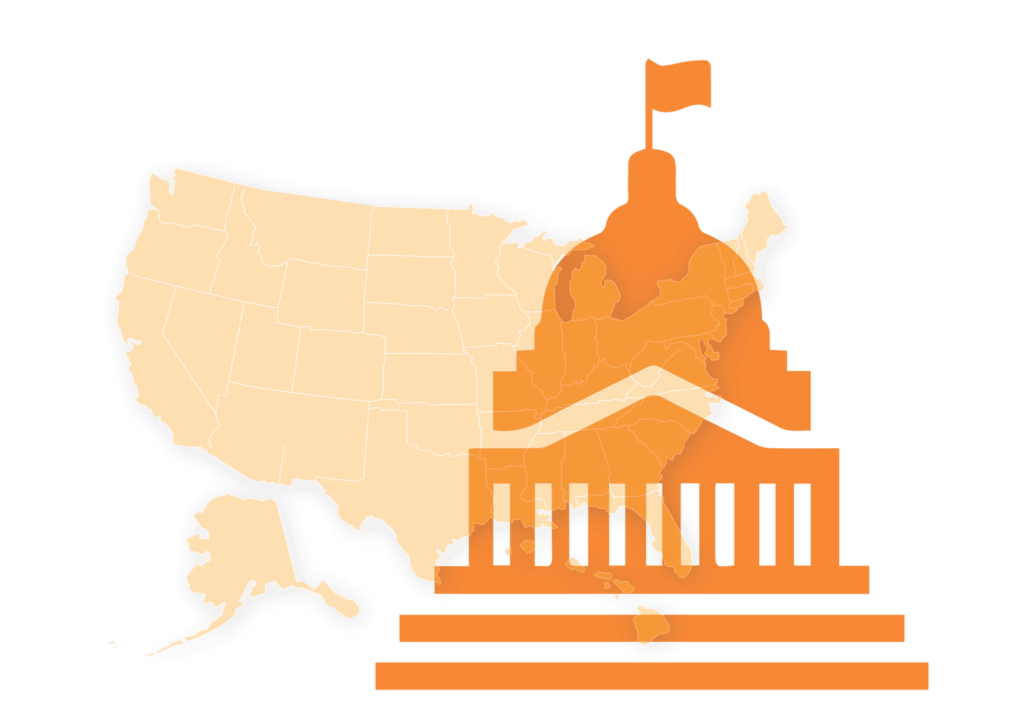Dear Mr. Martin:
The 50 undersigned organizations representing and advocating for students, families, taxpayers, veterans and service members, faculty and staff, civil rights and consumers write to urge you to maintain basic safeguards, described below, in the final distance education regulations.
We are in an unprecedented moment as many institutions of higher education are confronting the need to move instruction online rapidly due to the pandemic Coronavirus Disease 2019. Online education has provided an important venue for students to continue their education in this trying time. However, the astounding scale and speed of this mass migration, and the potential for a prolonged trend toward online programs, underscores the need to ensure that online students receive an education of value. The Department of Education must be a strong guarantor of quality to protect students and taxpayer funds.
COVID-19 has made it more important than ever to maintain strong oversight of distance education programs and their use of taxpayer dollars, and significantly changing or weakening the protections included in the proposed rule presents a serious risk to students – something discussed at great length during the negotiated rulemaking and which these proposed rules seek to protect against. We know that the most vulnerable student populations will continue to be disproportionately targeted by unscrupulous actors and suffer the most if protections are weakened, including Black, Latino, and other racial minority students, active-duty military and veterans, and low-income, first generation, and non-traditional students.
We appreciate that, in its regulatory proposal, the Department has maintained some basic student and taxpayer safeguards regarding the definition of a credit hour, the definition of distance education programs, and written arrangements to outsource education to unaccredited providers. However, in each case, Department officials participating in negotiated rulemaking initially suggested far weaker language that would put students at risk. We urge you to maintain the proposed language for these critical student protections, which earned consensus among participants in those negotiations, in the final rule.






 June 25, 2020 by
June 25, 2020 by 